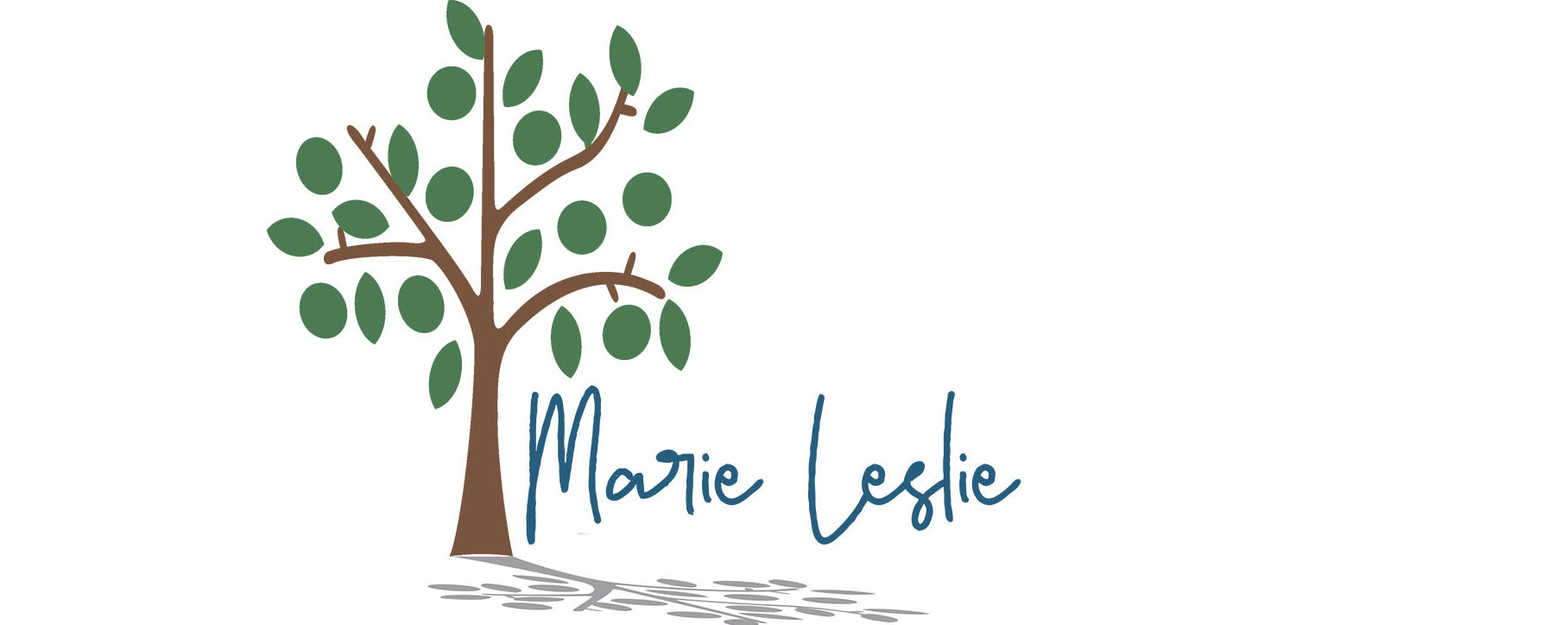How to Become a Confident and Successful Public Speaker
Have you heard that it will help your business to become a confident and successful public speaker? It’s true. Speaking can be a great way to grow your business and a great way to make new connections. For more on that see my recent post Three Ways Speaking Can Grow Your Business.
Learn the Art of Public Speaking
So how do you become a successful public speaker when you don’t have any experience? If the only speaking you’ve ever done was that monologue in the fifth-grade play, you may want to get a little practice before marketing yourself as a speaker. One of the best resources for learning the art (and yes, it is an art) of public speaking is Toastmasters. Toastmasters is an international organization with clubs just about everywhere and is a very affordable option. You could also find a speaking workshop near you or take a class at your local college or university. And then, practice, practice, practice.
In fact practice is one my top tips for speaking success. You can learn what the other two are in this article on the three P’s of successful public speaking.
If you’d like a personal introduction to Toastmasters, check out my long-time friend and colleague Joyce Feustel who s a Toastmasters pro.

Seek Speaking Opportunities
Once you’re comfortable speaking in front of a crowd (by the way, comfortable doesn’t mean you won’t get nervous—a little nervousness is good. I tell my kids that being nervous means you actually care about what you’re doing), it’s time to start looking for opportunities. I recommend you start small. Give yourself time and grace with your first speaking engagements. You want to get comfortable with groups and see how your presentations are received. Also, small speaking opportunities will give you the experience and the background to move on to larger events. It’s called “paying your dues.”
Feedback from your early assignments, whether positive or negative, will be essential to becoming a confident and successful speaker. Listen carefully and with an open mind to the feedback. Ask for clarification and specifics if you need to. While it may be hard to hear, you are likely to learn more from objective feedback than anything else.
Once you are established and able to market yourself for conferences and workshops, you can begin charging for your services. In the beginning, though, and really throughout your speaking career, be sure you aren’t overlooking the smaller local groups that may not directly bring in income but will allow you to build your standing as a speaker, establish yourself as an authority. and market your business locally.
Those little opportunities are a great way to build your confidence, and your reputation, and may surprise you with the doors you open on your way to becoming a successful speaker.
Develop Your Skills with Webinars, Videos, and Lives
One way to get some practice, alleviate some of the nerves, and build your speaking business is to start with free and low-cost webinars. A free introductory webinar is a great way to test out new material. Make it interactive and allow listeners to ask questions, and it becomes a great way to learn what your market wants and needs to hear.
Creating YouTube videos, Instagram Reels, TikToks, and Facebook Lives is another good way to develop your skills and build your confidence. The more you practice, the more confident and skilled you will become (and it may help with nervousness).
You can repurpose snippets of those webinars as YouTube videos, to use as opt-ins or blog posts on your site, and to market your in-person speaking skills. Having a brief video of you speaking and teaching about topics in your niche can give event organizers an opportunity to see how wonderful you are and what they will be getting if they invite you to speak at their event.

Promote Yourself as a Speaker
There are many opportunities to speak. Which groups you target will depend on your niche. Start with your local Chamber of Commerce, local service groups such as Kiwanis or Rotary Club, leads and networking groups like BNI. If it fits with your niche, consider offering yourself as a guest speaker at a local high school or college. Many schools have career-day events and are sometimes hard-pressed for professionals to come and speak. While this may not directly lead to new business, but it’s an excellent opportunity to practice skills, build your resume, and give back to your community.
To present yourself as a speaker to these groups, you need to put together a press kit. Find out who is in charge of securing speakers for the organization. However you approach them, make it easy for them to see how you’re qualified to speak. Provide a brief resume, a synopsis of your speaking topic(s), and how the organization’s members will benefit from what you have to say. Include a short video, a snippet from a previous engagement or YouTube so they can see how you present yourself.
After you have gotten a few engagements under your belt, it will be easier to try and begin hosting paid events, and to market yourself to larger businesses for training seminars or as a platform or breakout speaker at conference and conventions.
You’re On Way to Becoming a Confident and Successful Public Speaker
It is important to be patient and to seek out feedback and possibly even coaching as you begin. Once you develop your public speaking skills, you will become a confident and successful public speaker. And you will see how fun and rewarding it can be to build your business through public speaking.
What has your experience been? What advice would you give to someone who wants to become a confident and successful public speaker?






Hi Marie,
I love the book from Brian Tracey about public speaking. I’ve learned so much from this. I find public speaking a challenge but thoroughly enjoyable!
All the best,
Ian
Brian Tracey definitely has some good things to say and some great advice, Ian. Public speaking can be a challenge–but then anything worth doing usually is, isn’t it? Thanks for your comment.
Thanks so much, Marie, for these practical tips for improving as a public speaker. I especially underscore your suggestion to join Toastmasters, as doing so gives you regular opportunities to practice your public speaking. Also, there you will find people who may even come to a public engagement and give feedback on how you did there. I recently had that happen and was very grateful for the helpful feedback I got. And the bottom line is practice, practice, practice. To find your voice and your speaking style, simply getting some speaking gigs and putting yourself out there is the best place to start.
You are so welcome, Joyce. I appreciate learning about the benefits of Toastmasters from you. It is definitely a great way for people to learn the art of public speaking–and get some friendly feedback to improve.